183. How to go Alcohol Free - Vote Early, Vote Often
So you and your pals have been hanging around your neighborhood, and you decide you want to outlaw the sale of alcohol in your precinct. Sounds hard, right? Think again.
KRS 242.020 says you need a petition with the verified signatures of 25% of those in your precinct who voted in the last general election. Let's say you live in the precinct where Phoenix Hill Tavern is located. (For the non-locals, Phoenix Hill Tavern is a huge nightclub/complex in the Old Highlands neighborhood established over 30 years ago). That precinct would be M139. Three hundred eighty six (386) votes were cast in M139 last fall. 386 x 0.25 = 96.5, so it takes 97 verified signatures. Ninety-seven verified signatures is all it takes to force the Mayor of Louisville-Jefferson County Metro to call for a Local Option Election to end alcohol sales in the precinct where Phoenix Hill Tavern is located.
So, the Mayor does his stautory duty and calls for an election on a given date. Local Option elections cannot be held as the same time as a regularly scheduled election, according to KRS 242.030. The election must be at least 60 days after and no more than 90 days after the signatures are verified, and cannot be within 30 days of any other election. Details. This means that whatever date is set, there is really no more than three months of campaigning, and probably less.
Then, you hold the election. Local Option elections, like Special Elections and Primaries, have remarkably poor turnout. Yesterday's Local Option elections in four precincts in the West End did outlaw the sale of alcohol by overwhelming majorities in each precinct. Here are the results:
N104 -- 224 in favor of the ban. 26 opposed.
N105 -- 130 in favor of the ban. 34 opposed.
N107 -- 176 in favor of the ban. 37 opposed.
N109 -- 107 in favor of the ban. 10 opposed.
What is that in percentages is an important question to ask. Why? Because as the ban affects everyone in the precinct, the question should be asked, what percentage of the voters determined the fate for all of the voters? Here is the answer:
N104 -- 18.4% voted in favor of the ban. 20.5% voted overall.
N105 -- 12.2% voted in favor of the ban. 15.4% voted overall.
N107 -- 15.0% voted in favor of the ban. 18.2% voted overall.
N109 -- 10.6% voted in favor of the ban. 11.6% voted overall.
In the best turnout, 1 in 5 people determined the outcome for the 4 in 5 that didn't bother to vote. In the worst turnout, 1 in 9 made the same determination. The other 8 must live under the rule of the 1. If you served on a committee of nine people, and one made all the rules, while the others were barred from doing so, this would be considered a bad thing. And it should.
On the other hand, this Local Option election is pure Democracy at the lowest political level. Irrespective of the fact that nearly 84% of those eligible did not participate in the process, those who did can celebrate. They made a lasting - at least for three years - change on their surroundings. How many of us can say that? Whether you agree with the ban or not, actively making a change in your neighborhood is something each of us should seek to do. These folks did.
See how easy Democracy is? Almost too easy?

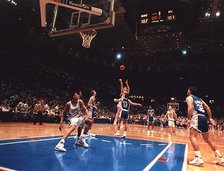
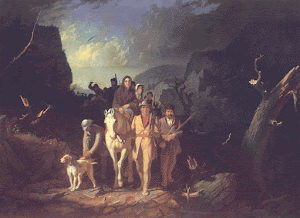












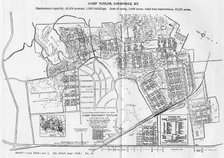
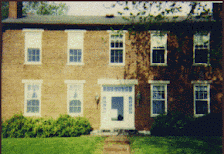

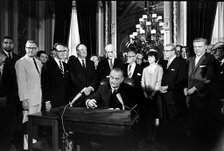

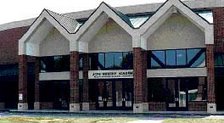


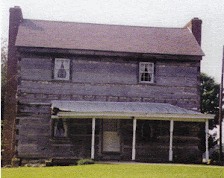
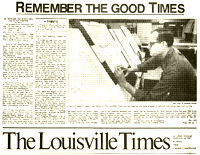
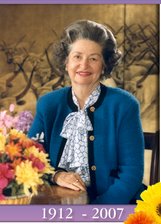
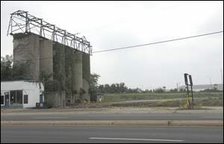
No comments:
Post a Comment